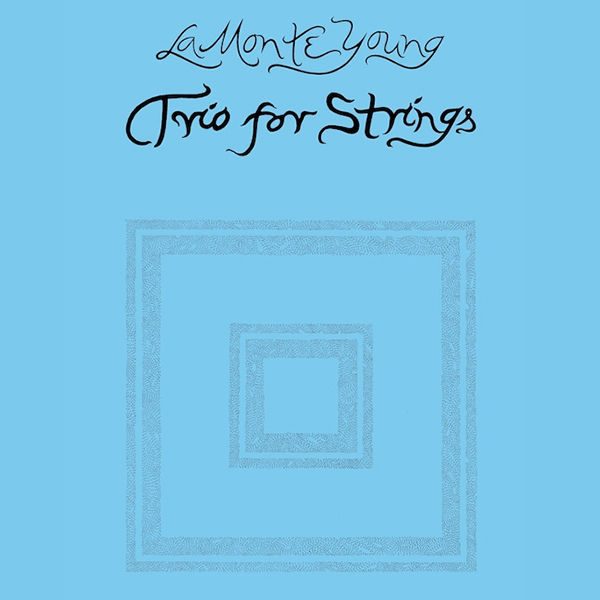How would my studio look in an altered perceived reality?
This is Stefano Bertoncello's Blog (ステファノ・ベルトンチェッロ - トゥーグッドイアーズ − ブロガー、オーディオ&ミュージック・コンサルタント) devoted to pacific topics like Music - live and reproduced - i.e. discs, audio, guitars and whatever musical: concerts, workshops, exhibitions, etc. Furthermore: travelling - as a mind-game and real globetrotting - and books, movies, photography... sharing all the above and everything which makes Life better and Earth a better place to stay, enjoying Life, in Peace. Proudly ads-free since 2007! Enjoy.💫
No, it’s not a German submarine… it’s a studio… aehm: THE studio reverb made by EMT.
Old school technology 🥇
Such a golden nugget!
This limited-edition (my copy # 1221/3000) issued in 1959 is such a masterpiece!
🥇
It’s such a goosebumps feeling finding a 1974 vintage sealed-copy of a sought after disc by a beloved artist of mine!
Recorded at home on a Revox G36 and A77 ✅
💎

There are few bodies of experimental music that have captured as broad or enduring an audience as musical minimalism. Since the movement’s inception during the late 1950s, it has sprung numerous arms and evolutions, illuminating a near endless number of proofs that less can be more. While artists like Philip Glass, Steve Reich, and Terry Riley have long dominated the public consciousness of minimalism’s first wave, it is the elusive figure of La Monte Young that laid much of its initial groundwork. Yet, despite his monumental importance, Young’s work is infamously difficult to obtain in recorded form. Very little is in print, and since the issue of his debut LP, 1969’s 31 VII 69 10:26 - 10:49 PM / 23 VIII 64 2:50:45 - 3:11 AM The Volga Delta (The Black Record), there’s only been a small handful of sanctioned releases. Remarkably, we’ve been able to get our hands on a few copies of the first album issued by Young in more than two decades, the towering 4LP box set, Trio for Strings, recorded by The Theatre of Eternal Music String Ensemble, and released by Dia Art Foundation. Widely credited as ground-zero composition of minimalism, complete with a 32-page set of liner notes with essays by Young, Marian Zazeela, and Jung Hee Choi, we know it’s not cheap, but we’ve done everything possible to bring our beloved customers one of the most important releases of the decade, as inexpensively as we can.
M. J.F. Pontefract recorded among the very best recordings issued on Harmonia Mundi French label from Aix-en-Provence.
He’s still active today.
I recently had the rare opportunity to chat with him and I asked him for some first-hand informations about those milestones in music and recording art.
A recent conversation between my pal Jürg Schopper and J.F. Pontefract on FB
La Folia was of course among the first topics I asked for… the great sound-engineer sent to me some pictures:
Here is the Notre Dame des Anges church in French countryside where both the a.m. Paniagua’s La Folia and Alfred Deller’s masterpieces were recorded 40 years ago.
When asked about mikes, tape machine and mixer used, JFP sent to me a picture:
A Studer B62, Schoeps Colette series microphones and Studer 089 mixer-desk were used for both above mentioned masterpieces, but he told me he also used at Harmonia Mundi a Telefunken M 12.
“ Here is a photo of a recording made at the "CRR" music conservatory in Paris (rue de Madrid). 4 pianos tuned in 1/4 tone and a Martenot wave for works by Wyschnégradsky and Alain Bancquart. A single couple Neumann U 67and Nagra VI.
and
“A Schoeps pair being installed in the cathedral of Auch. The CD will be out in April.”
A few words from a laconic gentleman whose skills were a statement of good taste and a joy for generations of music lovers worldwide.
Merci, Maestro. 🙏🎶🥇💎🙏
Indeed 😏